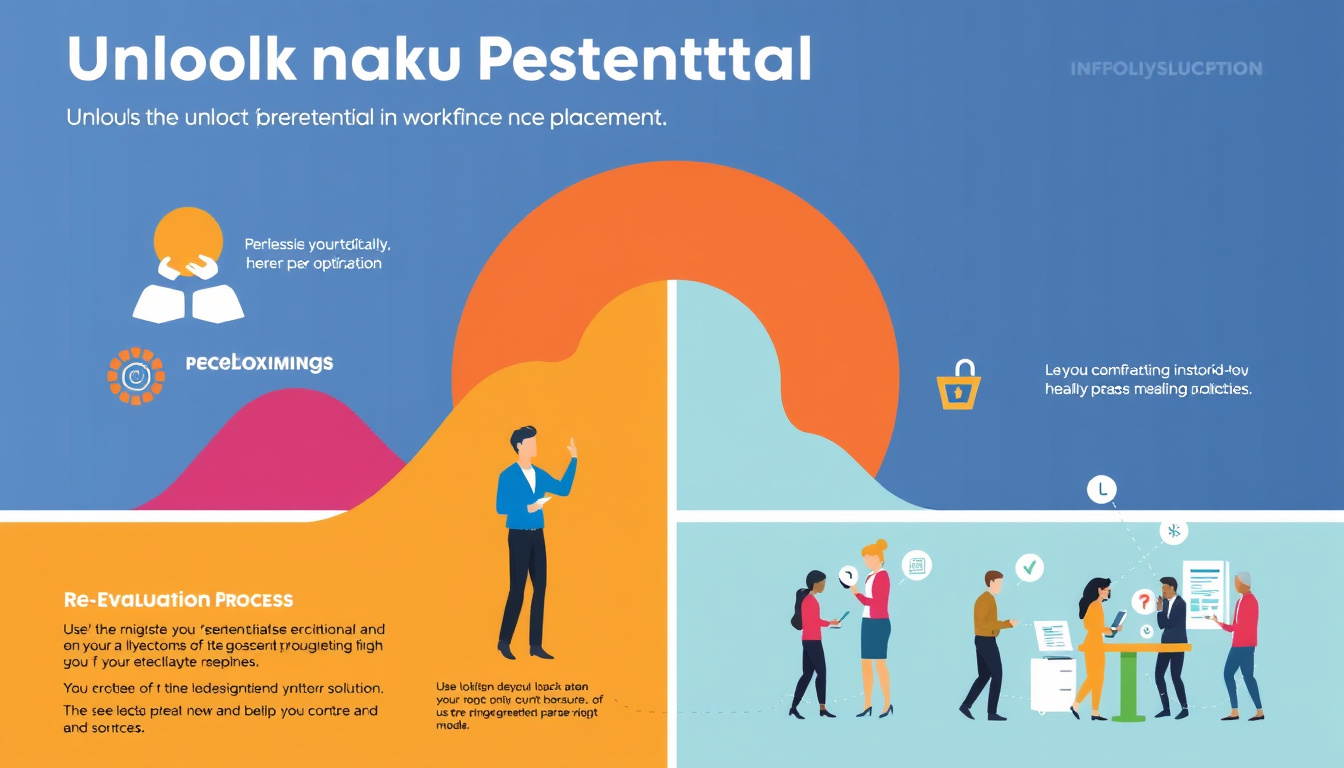In today’s fast-paced and ever-evolving career landscape, it’s crucial to regularly re-evaluate our professional paths to ensure they align with our personal goals and market demands. This guide will delve into the importance of reassessing existing placements—whether they be in a job role, organizational structure, or project assignment. By doing so, we can identify opportunities for growth, maximize satisfaction, and maintain our competitive edge.

Understanding the Need for Re-evaluation
As careers progress, circumstances change. Adapting to these shifts is essential for professional growth and personal fulfillment. Many industry experts recommend conducting a re-evaluation at least every three years. This timeframe allows enough time to discern patterns, assess the impact of changes, and strategically align one’s career trajectory with evolving market needs.
The Benefits of Regular Re-evaluation
-
Identifying Skill Gaps: Regular assessments help pinpoint gaps in skills and experience that may hinder career advancement. By recognizing these gaps early, individuals can take proactive steps to enhance their marketability through courses, certifications, or mentorship.
-
Aligning with Goals: Career aspirations often evolve; hence, it is pivotal to revisit and realign with personal and professional goals. Engaging in reflective practices allows for course corrections that keep ambitions within reach and relevant.
-
Staying Competitive: With rapid technological advancements and shifting job market dynamics, staying updated about industry trends and new skill sets is crucial. Regular re-evaluation ensures that professionals remain aligned with what employers seek.
-
Enhancing Job Satisfaction: A significant factor in job satisfaction is the alignment between a person’s values and their work environment. Re-evaluating one’s role can reveal whether current positions still embody one’s passions and interests.
Steps for Effective Re-evaluation
1. Self-Assessment
Engage in a thorough self-assessment, taking stock of your strengths, weaknesses, and areas for improvement. Ask yourself the following questions:
- Am I happy in my current role?
- Does my job align with my long-term goals?
- Am I utilizing my skills effectively?
2. Setting Time Frames
While many suggest an 18 to 36-month cycle for this type of reflection, it may be beneficial to adjust this based on personal circumstances or industry-specific changes. Pay attention to patterns in your satisfaction and performance.
3. Researching Trends
Stay abreast of industry trends, emerging technologies, and new role requirements. This knowledge will guide you in updating your skills or transitioning to a more promising career path.
4. Engaging with Mentors and Peers
Seek advice from trusted colleagues or mentors who can provide insights based on their experiences. Their perspectives may reveal opportunities or considerations you hadn’t noticed.
5. Exploring Alternatives
Before making drastic changes, consider how current responsibilities can be adjusted or optimized. Sometimes, tweaking your current role, rather than changing it entirely, can lead to a renewed sense of purpose.
6. Taking Decisive Action
After evaluating your findings, it’s crucial to act decisively. Whether that means pursuing a new opportunity, requesting a role adjustment, or investing in skill development, commitment to your decision is key to unlocking potential.
Conclusion
Regular re-evaluation of existing placements is not simply a career maintenance strategy; it is a vital practice for achieving long-term professional success and personal satisfaction. By implementing a structured approach to reflection and evaluation, individuals can better navigate their career trajectories, embrace change proactively, and ensure they remain aligned with their goals and market opportunities. Ultimately, the path to a fulfilling career is paved with regular introspection and the willingness to adapt.



